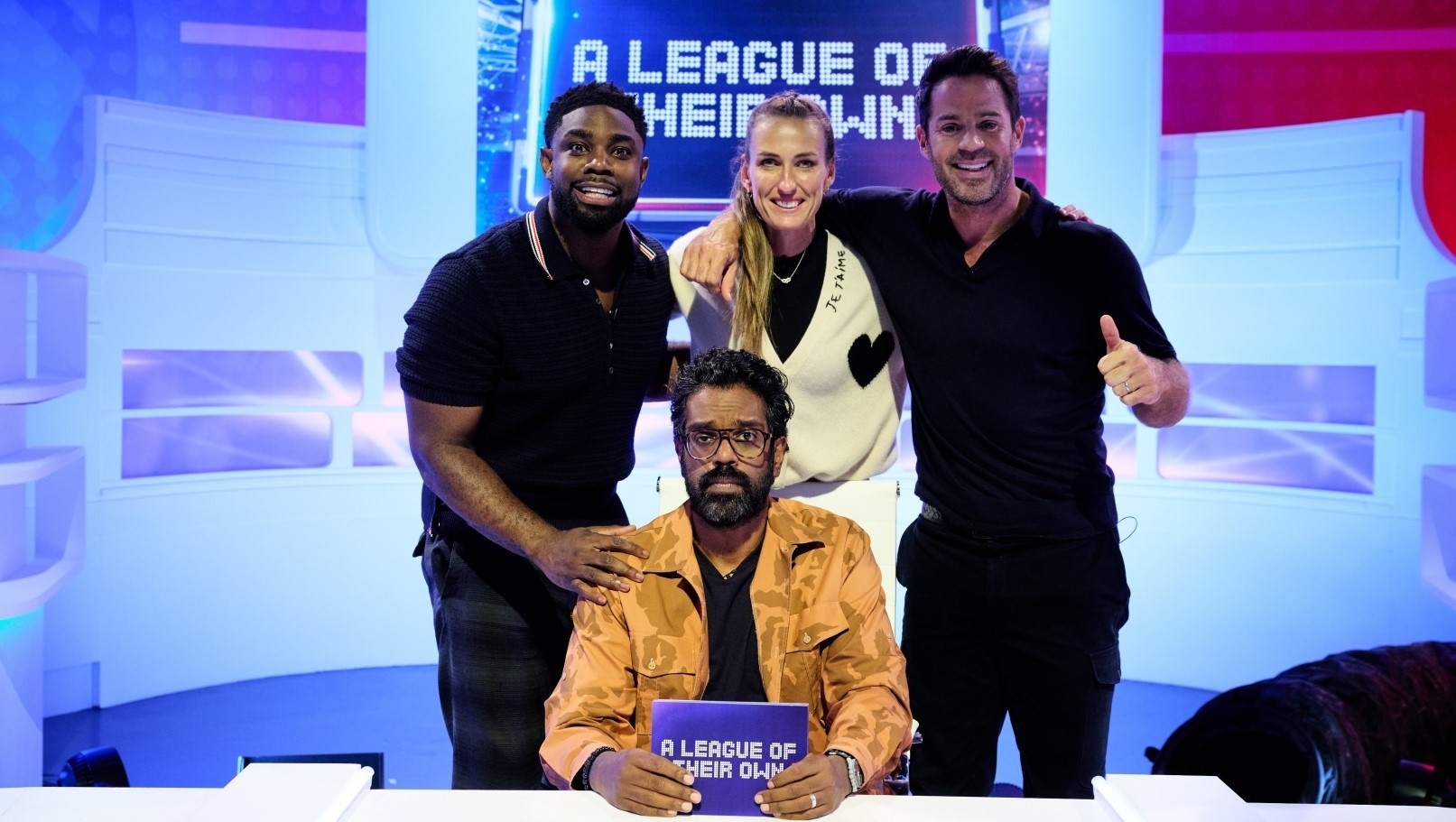Sophy Ridge on Sunday 25.06.17 Interview with Priti Patel MP, International Trade Secretary
ANY QUOTES USED MUST BE ATTRIBUTED TO SOPHY RIDGE ON SUNDAY, SKY NEWS
SOPHY RIDGE: It’s been another difficult week for Theresa May’s government, the fallout from the Grenfell Tower tragedy, capitulation on day one of Brexit negotiations, still no deal of course with the DUP but someone who no doubt will see it all very differently is the International Development Secretary, Priti Patel, who joins us now from Central London, good morning to you and thanks for being with us this morning.
PRITI PATEL: Good morning Sophy.
SR: Well let’s talk first about the fallout from the fire. We are hearing that 34 tower blocks have been tested for flammable cladding in 17 different local authority areas and they have all failed the tests, something has gone horribly wrong here.
PRITI PATEL: Well look, Sophy, this is an incredibly serious and disturbing situation and I think actually the tests are now taking place and importantly we are finding out all sorts of things, a) about cladding but also about fire regulations and safety within a range of property and buildings across the country. The job of government now of course is to work with the relevant local authorities, to ensure that they are given all the support that is required to ensure that the public are kept safe and also in particular that residents in those homes are looked after and their needs are taken care of.
SR: You see you have been in power for seven years, there have been warnings about this before and yet we are seeing people forced from their homes in the middle of the night because they’re not living in safe buildings. Do you think there needs to be a bit more passion, a bit more anger from the government about this?
PRITI PATEL: Well actually I think there are a number of points to make here Sophy. This isn’t about one party being in government for a number of years and who has dealt with this or how it’s been handled, we are discovering all sorts of really serious issues about property, about maintenance, about residential properties and also public buildings as well and it is the job of government right now to work with all the authorities that are involved including local authorities of all sorts of political persuasions basically to fix this problem and importantly to safeguard the public, to make sure that the public are looked after, that their needs are taken care of and I think off the back of the various inquiries and investigations that will follow, that we learn the lessons of what has gone wrong not just over subsequent years but also previous decades as well. We are looking at many towers, tower blocks, properties, flats that are very, very old, some of these buildings were put up in the 60s and 70s and obviously a lot of them now need to be looked at all over again. Probably more money needs to go into them, some of them like Grenfell had money going into them recently because they were refurbished but I think importantly we have to learn the lessons of what has gone wrong.
SR: Well let’s try and learn some of these lessons shall we because during the referendum campaign you personally attacked red tape, are we now seeing the dire consequences of what happens when you make an enemy of regulation?
PRITI PATEL: Well of course not and I think that’s a very big generalisation that you have made, to really classify all red tape in relation to a terrible catastrophe that has taken place where people have lost their lives. Red tape of course applies to business, it applies to all sorts of aspects of public life but also in terms of not just regulation but business decisions that are made and things that don’t necessarily help us too. So looking at red tape obviously in that broadest sense which is something that we spoke about during the referendum I don't think can be applied to the current situation around Grenfell and public safety and the terrible situation that we saw with Grenfell just ten days ago.
SR: Now you talked a bit earlier in your answer about money going in, some people watching this show well there’s £9.3 billion a year of international aid money that could be spent better in the UK keeping people safe. What would you say to that argument?
PRITI PATEL: Of course that is not how we spend our overseas development assistance and of course it is called overseas development assistance because it is there to look after the world’s poorest and fundamentally alleviate poverty in the poorest countries in the world. If you look at what I’ve been doing in my capacity of Secretary of State for International Development, our focus has been on helping the world’s poorest, those people that are facing drought and famine conditions in the Somali region in Somalia, in parts of East Africa, making sure that we can vaccinate children who don’t necessarily have access to vaccines that keep children healthy and alive but also dealing with some of the awful diseases like cholera outbreaks and epidemics that we see in the world. Looking more positively too and that’s to the future, if you look at the work I am doing right now and am focused on, is how we can make sure that our aid partners of today become our trading partners of the future and help the poorest countries in the world stand on their own two feet from trade and prosperity and ensuring that we can work with them on job creation to stop some of the awful outcomes of poverty that we’ve been seeing far too regularly and frequently, not just in the previous days, weeks and months but over the years and that is our focus right now, making sure we can help people in those poor countries so that those countries can stand on their own two feet and become much more prosperous.
SR: You were talking there about your announcement today that some of these developing countries will enjoy the same trading relationships or similar trading relationships with the UK after Brexit. Of course often trade goes hand in hand with requests for visas so can you rule out immigration going up from those developing countries that you’re talking about?
PRITI PATEL: Well of course Sophy we’re speaking to the trade announcement today about the 48 poorest countries in the world so we’re not talking about visas and migration and in fact you will find that when you create jobs and help the economies of the poorest countries in the world you help to prevent migration and people leaving those countries because they have economic opportunities of their own in those countries and that is effectively what this government is supporting. We are trying to make sure that those countries, the poorest in the world like Ethiopia, through the economic development work that DIFID and others in the international development community are trying to achieve in countries like Ethiopia, we are helping to create jobs, support people, create livelihoods in those countries to stop them from fleeing poverty and importantly, to help those countries build resilience and manufacturing and their own employment bases so that those people have job opportunities and prosperity and livelihoods of their own, so that they don’t have to leave their country and effectively see their own brain drain and see people leaving their country to go to other parts of the world.
SR: Let’s talk a bit more about Brexit because Theresa May of course called the election to try and increase her negotiating position before those difficult talks. She ended up losing her majority and since then EU leaders have rejected the UK’s offer on the rights of EU citizens, they’ve won the argument on the timetable that David Davis said was going to be the battle of the summer and they’ve announced that Euro Clearing and the EU Medical Authority will move from the UK to the EU. Do you think they see Theresa May as a bit of a pushover now?
PRITI PATEL: Well of course not and I think that is a massive generalisation, Sophy. These negotiations began on Monday led by David Davis and we’ve been clear from day one that one of the objectives, the key priority of our early negotiation would be to secure the rights of EU citizens living in the United Kingdom and that is effectively how the discussion has opened and David Davis has spoken about that in terms of how we will proceed with making sure we safeguard the rights of EU citizens in the United Kingdom. So actually we are clear in our position, also the 12 negotiating options, objectives that the Prime Minister has outlined, so nothing has changed and we are focused on securing the best deal for Britain, the best deal for our country, the best deal for our economy and this is just week one of these negotiations and I much more optimistic than I think the position and perspective that you’ve outlined because we have a lot to offer our European counterparts, notwithstanding of course the way in which we work with them on so many other issues whether it is national security issues, counter terrorism but also on development issues as well. We lead the world when it comes to many of the development policies and the objectives that Britain leads on but also our European counterparts as well work with us on too.
SR: I am getting told off here because we’re overrunning but I am going to squeeze in one more question so if you can be quick I’d appreciate it. One of your cabinet colleagues Andrea Leadsom this week complained that us broadcasters are not being patriotic enough, do you agree with her?
PRITI PATEL: Well look, I take the view when it comes to broadcasters and the media, we have an open discussion and we have a free press and that’s to be welcomed. I am always of the view when it comes to our place in the world and how we stand tall in Britain post-Brexit is I’m on the optimistic side as well so I have no doubt that coverage going forward, not just through the negotiations but some of the strong things that we are doing in the world whether it’s on trade, whether it’s work with developing countries, the poorest countries in the world, will be reflected in the coverage that you and others put out, Sophy.
SR: Okay, Priti Patel, thank you very much.




